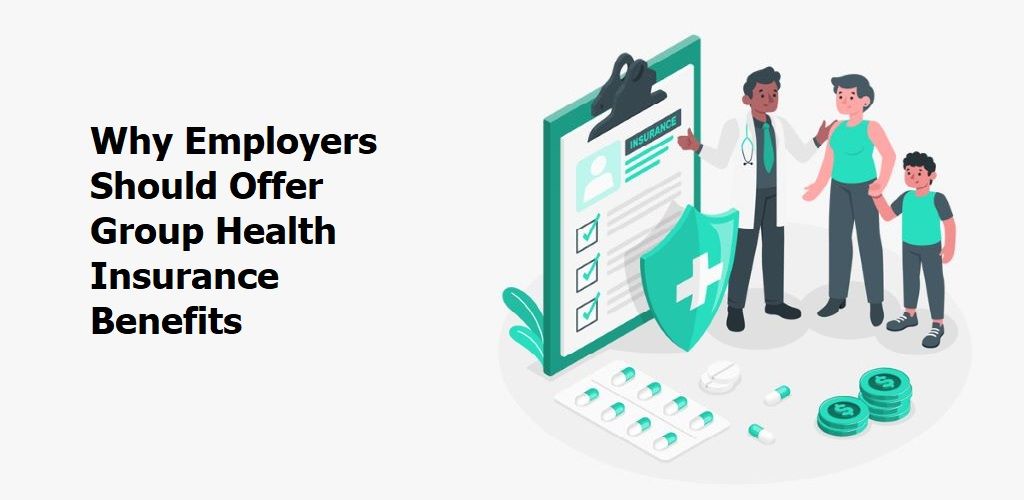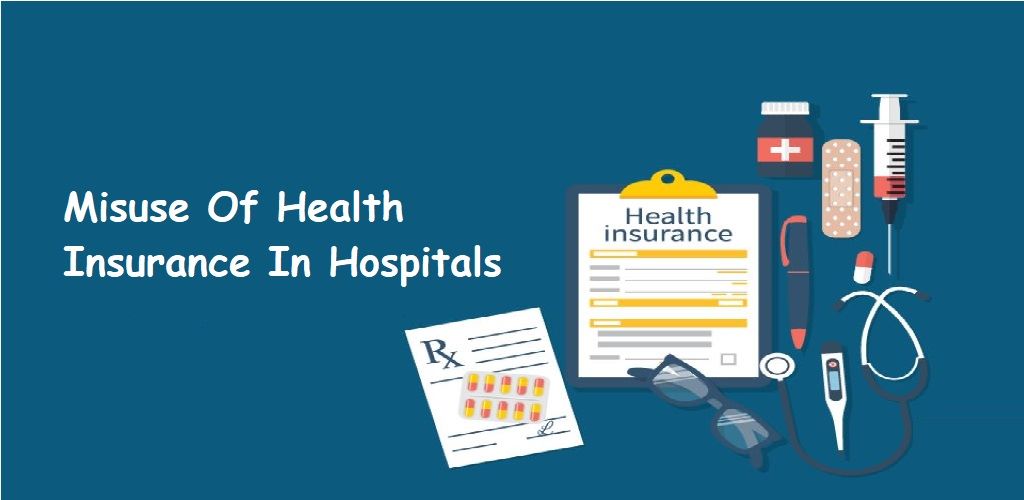There is no other choice than to continue paying the policy premiums on time if you want your health insurance to continue to be in effect. You typically have a grace period of 7 to 15 days if you don’t pay the health insurance premium by the due date. Your insurance policy expires if the payment isn’t made during this grace period.
But occasionally, especially if the renewal is every year or even later, like every two or three years, we tend to forget about a policy. Sadly, if we neglect to renew it even during the grace period, we’ll lose coverage because the policy would have expired.
In this article, let’s explore the idea of insurance lapse and the procedures that must be followed if and when the policy is canceled.
What Does Policy Lapse Mean?
If you don’t pay the policy premium within the grace period, your health insurance is said to have expired. You won’t have any more coverage after the insurance expires. The insurance company will not be liable for covering any medical costs that occur after the health policy has expired.
In reality, even during the grace period, you are not protected by the policy. You will therefore be responsible for paying your medical bills throughout the grace period.
Why Does a Health Insurance Policy Lapse?
A simple idea underlies a policy lapse. The policy is canceled and the insured loses their right to medical coverage if they don’t pay the premium or the renewal sum by the due date. Even if the insured still has a cover amount or bonus amount that has not been used, the benefits will end. This is because the premium essentially purchases the company’s promise to honor bills within a predetermined time frame. The Agreement shall terminate on the Renewal Date. The benefits terminate automatically if the contract is not renewed before the end of the insurance year.
What If Your Health Insurance Policy Has Lapsed?
Here are the problems that you will face if your health insurance policy has lapsed.
- You lose coverage from your health insurance policy the moment it expires. It implies that you are unable to use all of the benefits outlined in the policy agreement. So, unless you have a supplementary health plan as a backup, you must pay for all medical costs out of your funds.
- Losing your accrued No Claim Bonus if you renew a policy after it has expired (NCB). And all those years spent without filing a claim will be for nought because you won’t be eligible for the significant reductions NCB secures for you.
- Last but not least, if your insurance expires, you will have to restart the waiting period. There is a waiting period for specific disorders under every policy. Let’s also assume that out of the two-year waiting period, you waited for one and a half years. The two-year cycle will restart if a policy expires.
What to Do if a Health Insurance Policy Lapses?
In order to renew your health insurance policy with the same coverage features if it has expired, you need to pay the renewal premium as soon as possible.
- Policy Revival:
When you realize that you missed the grace period and have not renewed your policy, you can contact the insurance provider and ask for a policy revival. They might be more forgiving if they determine that the reason for the inaction was real rather than just careless. The insurer is free to decline your application as well because it will be evaluated based on factors like your past medical history, ability to pay the premium, willingness to do so, and payment of fines and restitution. The typical revival window for insurers is six months from the date of policy lapse. They will make sure there is no wrongdoing going on. Increased premiums and specific terms and conditions could result from changes in financial stability or health concerns.
- New Policy Enrolment:
When a health insurance policy is canceled because a premium payment was not made within the grace period or revival period, the insured must purchase a new health insurance policy in order to continue receiving coverage. However, you should be aware that the insurer will identify you as a high-risk individual if you didn’t pay the premiums for your previous policy on time. As a result, the new insurer will charge you a significantly higher price.
Therefore, it is advised to verify and compare the premiums of both before renewing the existing insurance or buying a new policy and selecting the one that offers the lowest prices and the best features.
What to Do to Avoid the Lapse of a Health Insurance Policy Next Time?
You already know how difficult it is to renew your health insurance policy and how unpleasant not having health insurance is if you have already missed the premium payment deadline. Therefore, you must take care to avoid missing the premium payment deadline again.
- Choosing ECS (Electronic Clearing System), which will automatically remove money from your registered bank account on a due date, is the ideal option to avoid forgetting to pay premiums.
- It’s a good idea to set a reminder on your phone or computer using Calendar or another app to make sure you have enough money in your bank account when the payment is due.
- You should keep an eye out for emails and SMS messages from the insurer, as the majority of them will remind you when the due date for your premiums is approaching.
There is no justification for forgetting to pay for renewals now that we have technology on our side. It can be completed quickly and easily by clicking a button using net banking, phone banking, mobile banking, etc.








